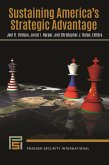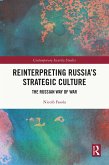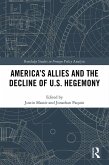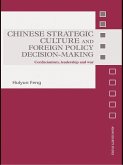Written for foreign policy practitioners, scholars, and students, this book offers critical insights into the modern landscape of international politics and warfare and explains how the United States can sustain its strategic advantages in the 21st century and beyond.
From the level of grand strategy to more intricate security issues, this book explores how the United States can sustain its strategic military and political advantages around the world. Developing and implementing effective national policies; fostering strong diplomatic and geopolitical ties with allies in Europe, the Indo-Pacific, and the Middle East; and managing an effective defense enterprise are key, according to the authors, to competing on a shifting international security landscape. Advancing the literature on grand strategy and outlining emerging critical issues in security, this book offers an overarching framework for strategy; an analysis of crucial security-related topics, such as cyber warfare; and informed opinions on components of competitive success, such as irregular warfare and partner building. Written by well-respected scholars, security professionals, and foreign policy practitioners, this book goes beyond focusing on hard power to consider how the U.S. can leverage its education institutions and a worldwide network of allies and partners to sustain its strategic advantage now and in the future.
From the level of grand strategy to more intricate security issues, this book explores how the United States can sustain its strategic military and political advantages around the world. Developing and implementing effective national policies; fostering strong diplomatic and geopolitical ties with allies in Europe, the Indo-Pacific, and the Middle East; and managing an effective defense enterprise are key, according to the authors, to competing on a shifting international security landscape. Advancing the literature on grand strategy and outlining emerging critical issues in security, this book offers an overarching framework for strategy; an analysis of crucial security-related topics, such as cyber warfare; and informed opinions on components of competitive success, such as irregular warfare and partner building. Written by well-respected scholars, security professionals, and foreign policy practitioners, this book goes beyond focusing on hard power to consider how the U.S. can leverage its education institutions and a worldwide network of allies and partners to sustain its strategic advantage now and in the future.









